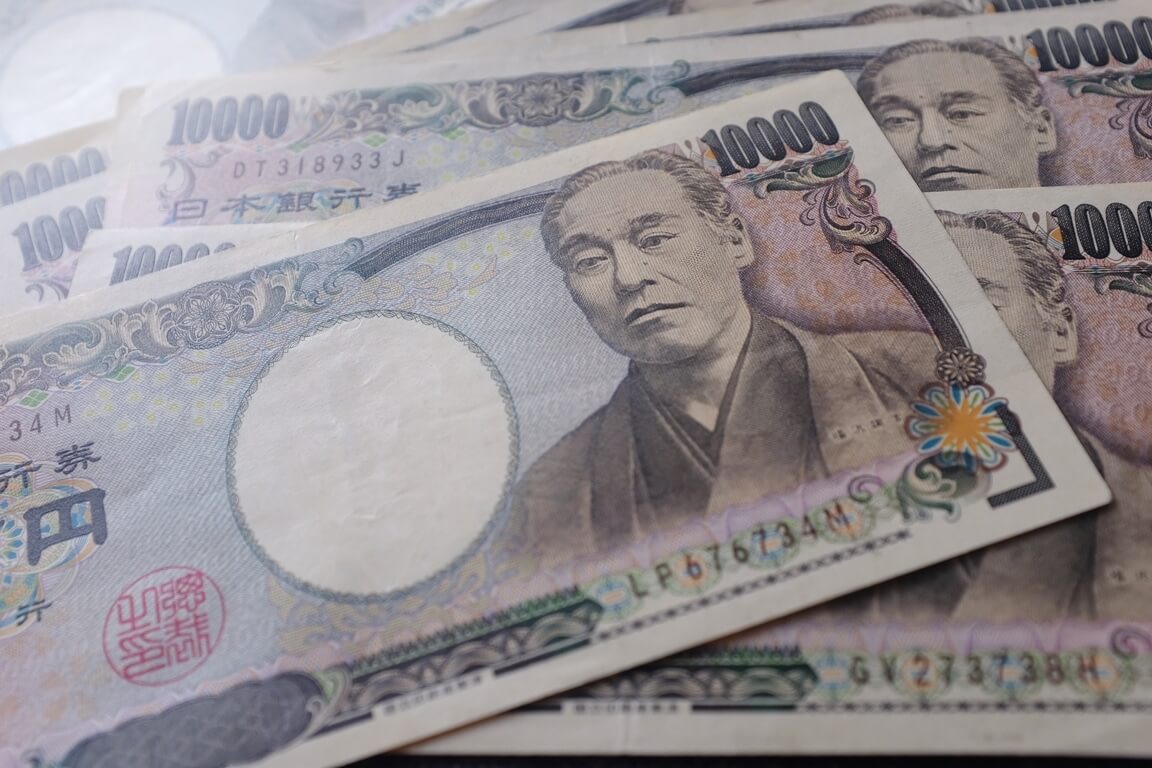U.S. dollar declined on Monday, while Japanese Yen hit high

U.S. dollar declined on Monday, while the Japanese Yen hit high
The U.S. dollar plummeted on Monday as positive market sentiment bolstered riskier currencies higher. The safe-haven yen also surged forward due to a new report. The latter claimed that the Japanese government is contemplating revising a decade-old blueprint for hindering deflation.
On Monday, the dollar index dropped by 0.4% to 104.410 against a basket of six major currencies. It lost some of its gains from the previous week. The U.S. Federal Reserve and European Central Bank increased their interest rates at their meetings, boosting the currency last week.
Meanwhile, the euro rallied by 0.4% to $1.06260 today. The Sterling also jumped by 0.7% to $1.22195. Despite their winnings, both currencies were lower than their levels before the central bank’s moves last week.
On the other hand, riskier sentiment across markets caused European stocks to trade in the green after a great selloff last week that had hit the shares hard. Kenneth Broux, the currency strategist at Societe Generale, noted that markets are currently trying to stabilize a bit, adding that he wouldn’t take a chance with the price action this morning.
The U.S. dollar briefly dropped on Friday. According to new data, U.S. business activity contracted further in December. New orders dropped to their lowest level in more than 2-1/2 years. In addition, weakening demand helped to cool previously soaring inflation.
Furthermore, S&P Global stated that its flash U.S. Composite PMI Output Index plummeted to 44.6 in December compared to a final reading of 46.4 in November. This index tracks the manufacturing as well as services sectors, and this is its sixth consecutive month of remaining below the 50 mark. That means a contraction in the private sector.
What about the Japanese Yen?
The Japanese yen climbed up by 0.4% to 136.155 per USD. According to reports, the country is considering revising its key monetary policy. However, that will happen after a new Bank of Japan governor takes the post in April. Thus far, the Japanese government defended its low rates policy, even though the yen has declined significantly over months due to this decision.
However, the authorities plan to discuss revising a joint statement it signed in 2013. The latter stipulates that the central bank should meet a 2% inflation target as soon as possible.
Vishnu Varathan, the head of economics and strategy at Mizuho Bank, thinks that the new decision will likely provide timely flexibility. Still, it doesn’t change monetary policy bias. Investors will need more clarity for this news to have a bigger impact on the Japanese currency.
How are the EM currencies faring?
Most Asian currencies strengthened on Monday. Prospects of slowing rate increases bolstered them, along with China’s policy support for its economy. However, Chinese markets declined after the government reported the first COVID-related deaths since the country eased its virus restrictions recently.
On Monday, Thailand’s baht soared by 0.4% to 34.825 against the U.S. dollar. At the same time, the Philippine peso jumped by 0.2%. The Singapore dollar also climbed up by 0.1% in this session.
According to new data, Malaysia’s exports increased more in November than analysts expected. However, imports grew slower than the traders anticipated. The ringgit gained only a marginal amount on the day after this news.
Moreover, Asian yields dropped today. Singapore’s and Indonesia’s benchmark yields shaved off 1.7 bps and 0.9 bps, respectively. Equities across Asia traded mixed, though. Markets in the Philippines plunged by 1.3%, while in Indonesia, shares decreased by 0.4%. On the other hand, Singapore added 0.6%, and India rallied by 0.4%.
Today China reported its first COVID-related deaths since easing some of the strictest rules to contain the pandemic earlier this month. Consequently, the Chinese Yuan dropped by 0.1%, and the main stock index decreased by 1.6%. Investors expect the country to announce a key interest rate decision on Tuesday. The government kept the rate steady for three consecutive months.
The U.S. dollar’s course will also influence the Yuan. Christopher Wong, a currency strategist at OCBC, noted that as Federal Reserve’s tightening slows and goes into a late cycle, the upside for the USD will likely become limited. Thus, the broader risks of the greenback for 2023 might be skewed to the downside.
Last week, the U.S. central bank delivered a 50 basis points (bps) hike after four straight 75 bps increases, indicating that its aggressive pace of tightening will likely slow.
The post U.S. dollar declined on Monday, while Japanese Yen hit high appeared first on FinanceBrokerage.
0 Response to "U.S. dollar declined on Monday, while Japanese Yen hit high"
Post a Comment